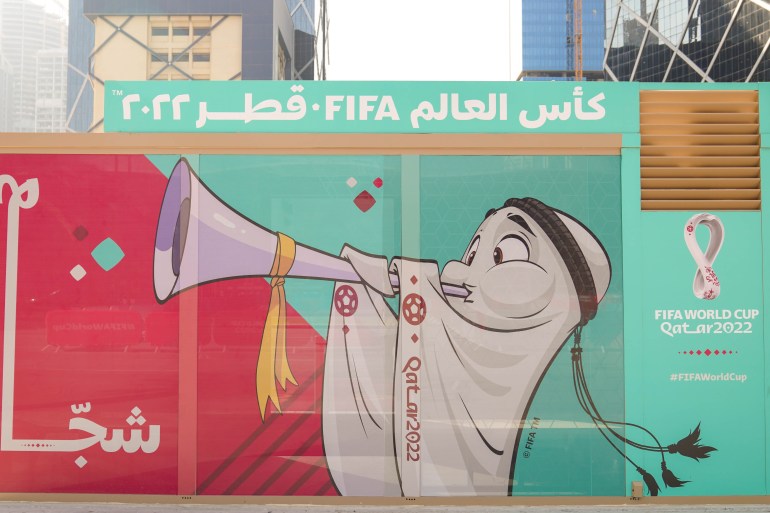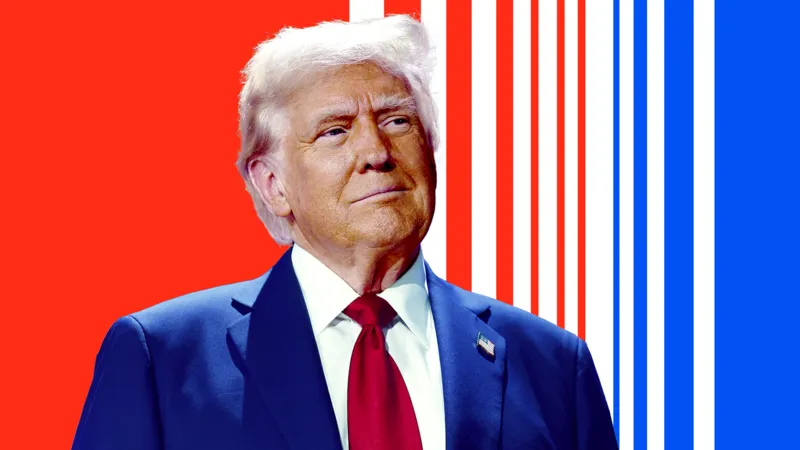World Cup: Africa knows Qatar’s pain and joy
Along with the Arab world, Africa will celebrate, too — no matter the racism and bigotry that the West throws at Qatar.

I know what it’s like to dream for one’s region at the FIFA World Cup from a distance. I know what it’s like to see those hopes come true in front of one’s eyes.
So I know why the 2022 edition will be special for Qatar — and why millions of others from across Africa and the Middle East will savour it, too.
When it comes to the most memorable football tournaments in history, the 1986 World Cup, played in Mexico, is my sentimental favourite.
Argentina beat Germany 3-2 in the final to lift the 13th edition of the competition, best remembered for the outstanding and inspiring exploits of one player: Diego Maradona. His sublime and flamboyant performances left me utterly speechless and star-struck. Especially when he scored the so-called “goal of the century” in Argentina’s quarter-final match against England.
I was just an 11-year-old boy from Harare, Zimbabwe, and had started to appreciate and follow international football on TV. The pint-sized Argentinean captain seemed superhuman at times, and his skills and sheer strength of character certainly captured the world’s imagination.
Four years later, when Italy hosted the World Cup, my colleagues from school and I fell in love with Cameroon’s national team – the Indomitable Lions – as it emerged as the surprise package of the tournament. Cameroon defeated a Maradona-led Argentina, Romania and Colombia, en route to becoming the first African team to reach the quarter-finals, where it lost 3-2 to England in a thrilling match. That team featured Roger Milla, a stylish and highly skilled 38-year-old striker who scored four extraordinary goals.
Zimbabwe hadn’t made it to the World Cup, but Cameroon’s players represented us, and millions of Africans, too. Their achievements made us so proud to be Black and African. They made us love the World Cup.
My experiences would come full circle when South Africa became the first and only African nation to host the World Cup in 2010.
I attended several matches, including Algeria versus Slovenia in Polokwane. I watched my longstanding favourites Cameroon, captained by the supremely talented Samuel Eto’o, fall 2-1 to Denmark in Pretoria. Later, I returned to Polokwane to see Argentina play Greece. To my delight, Lionel Messi was Argentina’s captain and Maradona was the coach.
On the night Ghana beat the United States, I socialised with Ghanaians and South Africans at a hangout spot in Rustenburg, a large mining town located 173km (107 miles) outside of Johannesburg.
Besides the highly entertaining matches, I embraced the priceless camaraderie of football. That it happened in South Africa – in Africa – made it that much sweeter.
Football, I believed, had finally come home.
I witnessed it as South Africans celebrated “Football Fridays” by wearing national team colours every Friday starting from September 2009. I sensed it in the pride and happiness that radiated from people’s faces before and especially during the tournament. I felt the mass of togetherness that evolved among South Africans and Africans alike when they rallied behind Ghana’s national team quarter-final run. And when Spain prevailed against Germany in the final team, I was convinced that every football-loving nation deserved to host the World Cup.
So I’m delighted to see Qatar hosting the 2022 FIFA World Cup, a first for a Middle Eastern country. I understand what it means for Qatar and football enthusiasts in the Middle East and Africa.
Sepp Blatter, the former president of FIFA, recently criticised the decision to award Qatar the right to host the 2022 tournament. Blatter said, “Qatar is a mistake” and called it a “small” country.
Clearly, shameless bigots like Blatter are unsettled by the steady evolution and democratisation of football. For years, “small” countries from the Global South have wholeheartedly supported the global game by participating in many competitions.
For decades, millions of people from “small” countries such as Liberia, Gabon, Burkina Faso and Morocco have increased FIFA’s substantial revenues by purchasing TV subscriptions, merchandise and match tickets. The Qatar World Cup could be the organisation’s most profitable event ever.
Still, for the most part, FIFA bosses have overlooked our widespread passion for football. Germany, Italy, France, Brazil, and Mexico, for example, have each hosted it twice. And European countries have, collectively, hosted 11 of 22 tournaments.
Suffice it to say that Blatter’s sentiments are tainted with white privilege and extreme indifference to the unquestionable need for fairer representation and participation in every sphere of football.
Since FIFA was established in 1904, seven of its eight presidents have been white, male and European. One, Issa Hayatou – an African – was acting president for 141 days in 2015-2016.
But despite their dubious efforts, Europeans cannot claim any special contribution to international football. African and Arab countries have long produced world-class teams and players, despite the socioeconomic consequences of colonialism.
Football has benefited immensely from the talents of stars such as Mozambique-born Eusebio, Algeria’s Mustapha Dahleb, Liberia’s George Weah, Ghana’s Abedi Pele, Morocco’s Aziz Bouderbala, Senegal’s Sadio Mané and Egypt’s Mohamed Salah, to name a few.
Qatar’s World Cup is just as special and historic as South Africa’s in 2010. The football establishment shouldn’t discriminate against Black and brown people from African and Arab countries. Or cast aspersions on Qatar’s ability to deliver a world-class event.
I am confident that this year’s World Cup will impress many 11-year-old Arab and African boys and girls, just as the 1986 competition wowed me. And I firmly believe that most Africans will stand with Qatar as it hosts the World Cup.
This, too, remember, is our tournament to treasure.
-al jazeera







